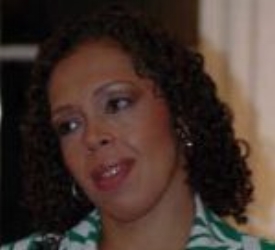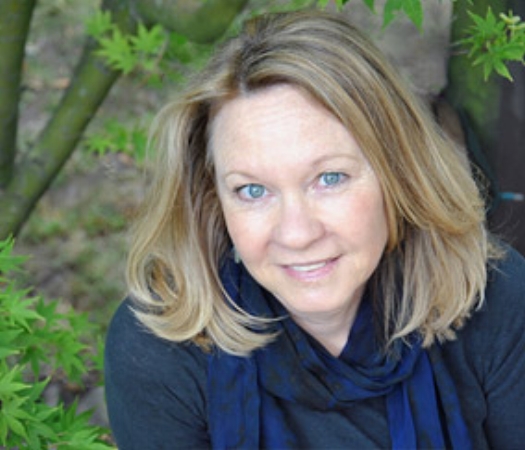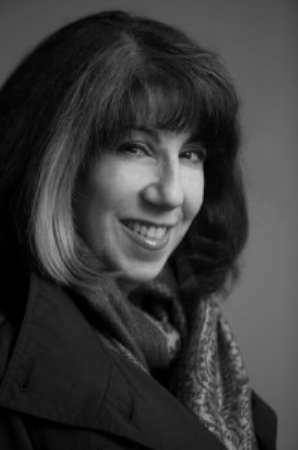Greer: How would you describe what you write?
Sophie: I am so glad you asked ;) I write stories set against the past, but exploring issues and feelings so essentially human that they transcend any particular era.
Why do I pick the past as my setting? Two reasons: first and foremost I am an incurable history geek. I was actually the first member of my college graduating class to declare a history major, and I come from a family absolutely full of people who consider visiting historical locations to be the making of every dream vacation (I only go to the beach every other year because my husband is a beach vacation guy).
Beyond my personal addiction to history, I believe that books set in the past can allow readers to confront very difficult issues by providing “safe distance.” The most important issues, emotional and moral, that people struggle with in their very 21st century lives are not new and, though this might surprise people, they are not, at their core, different than the issues people struggled with 500 or even 800 years ago. These emotionally freighted issues are also often the hardest to approach in “real-time.” But “the past is another country” (sorry—don’t have a handy citation for that quote). I think setting complex “big issue” situations in the past can allow people to more comfortably approach them.
For example, even with 2017 wrapping up as a year of #metoo, there continues to be a strong thread of “victim blaming” when women are sexually harassed or assaulted. Quite often young women in particular blame themselves for what has happened to them to a point where they do not report incidents. In my novel, Médicis Daughter, my main character falls into that trap, and across more than 400 years the injustice of her experience is a heartbreaking slap in the face. I expect that portion of the novel to generate recognition and deep thought in readers, perhaps causing them to confront patterns in their own lives and in our modern society.
Greer: Do you consider yourself a historian?
Sophie: No. Let me start by saying that I have a background in history, having graduated with a BA in that subject. And I have a sister who is a tenured professor of history. She is the historian in this family, and has published a number of historical non-fiction books. I write historical fiction which is absolutely NOT the same thing. Let me explain . . .
My work is not driven by the overt goal of educating readers on a particular period, or presenting an overview of a historical issue. Instead, my writing is driven by considerations of plot and theme—by the desire to tell a universal story that is set in the past but transcends it. For example in my novel, The Sister Queens, the driving theme was the relationship between my sisters, Marguerite Queen of France and Eleanor Queen of England. There was a lot of important 13th century history that did not get discussed in my book—for example the English Baron’s rebellion in England—that would have been included if I had a different focus or a different set of main characters.
Historical novelists have some freedoms that historians don’t. We get to move things. For example, in my 16th century novel, Médicis Daughter, I relocated the signing of Marguerite de Valois’ marriage contract to Catherine de Médicis private study at the Chateau of Blois because I wanted the imagery of the paneling—very distinctive gold paneling covering secret cubbies—in that room. And, unlike historians, historical novelists even get to make things up. Academic Historians speculate, of course, because they can’t know everything even about the best-documented events of the past, but they do not make up events or people and insert them into history. In contrast, it is perfectly acceptable for novelists to create fictional happenings and characters. Characters are the most common. For example, in A Day of Fire the group of authors I worked with used historical figures—Admiral Pliny, the aedile Cuspius Pansa—about whom historians do have solid facts. But our cast of characters also included the fictionalized and the entirely fictitious. In creating fictionalized characters, some of our inspiration from the graffiti that peppered Pompeii. The hero of my story, Sabinus, was inspired by historical graffiti. Someone of that name ran for aedile shortly before destruction of the city. From his name and that fact I built a character.
So, to come full circle, my work isn’t driven by history, or entirely limited by it. BUT if I write first rate historical fiction—and I’d like to think I do—then in telling my story I want to be true to historical facts as we know them. How do I achieve that?
I don’t wing it. In writing my historical fiction I use the same sorts of resources that a historian might use—scholarly journal articles, primary sources (for example in Médicis Daughter I used the memoirs of Marguerite de Valois as well as other primary sources like a political pamphlet published contemporaneously with events in the story), and secondary sources (biographies, prior histories).
And when I make a change from history or when I am faced with a choice of competing facts/dates I use my author’s note to let readers know that I have made a deviation, inference or choice.
Greer: A good author's note is essential! I agree. Last question: unlike many historical novelists who stick with a time period or region, you seem to wander -- you’ve been everywhere from ancient Rome to 16th century France. Do you plan to keep roaming?
Sophie: I am absolutely going to hop around like a bunny. I feel privileged as a writer—I feel that we are given extra lives. We get to live in different skins, travel to different places, and bring those experiences alive for readers. I don’t want to limit those travels either geographically or temporally. I am limited in my so-called real-life, in a way that my author alter-ego doesn’t have to be.
I completely understand those historical writers who want to go deep into a single era and become experts in a cast of characters. But I am generally drawn to a story by an “ah ha” moment—by an event that inspires, or by the discovery of someone I feel history has maligned or neglected—and those events are too serendipitous to stick to one setting or era.
For example, I discovered the sisters at the center of my novel, The Sister Queens, in a footnote while research Notre Dame for another purpose. The idea that these two women had become Queens of two of the most powerful kingdoms in their era and yet had since been largely forgotten in the telling of history rankled me. Theirs was a story of influence, adventure and sisterhood that I just had to tell.
More recently, a marvelous baroque song—a daring tarantella about death—got me wondering who might have written it and why, and the quest to find that person or invent him took me to the 17th century Papal Court of the Barberini, and led to a manuscript I just turned over to my agent. Similarly, something that always puzzled me about the Great Fire of London inspired me to begin writing my first dual timeline novel—yes I am actually working on something partially set in 21st century London. In another twist, this WIP has a thriller aspect, with not one but two investigations going on more than 350 years apart.
Sophie: My question for you: Which of your two main characters—Pinkerton detective Kate Warne, or illusionist the Amazing Arden is the most (or least) like you and in what way(s)?
Greer: Great question! I'm afraid that in my everyday existence -- as you put it so aptly in your own answer, my "so-called real life" -- I'm far more boring than either. They're both bold and fierce, ready to take on anyone who thinks they can't succeed. But I'm probably more like Arden, in that I grew up in a small town with a certain set of expectations and limits that I eventually outgrew, taking on bigger challenges in the wider world. I redefined myself and who I was, who I am. Arden has trauma that drives her from home, whereas for me it was insatiable curiosity, but there are some similarities in our journeys.
















